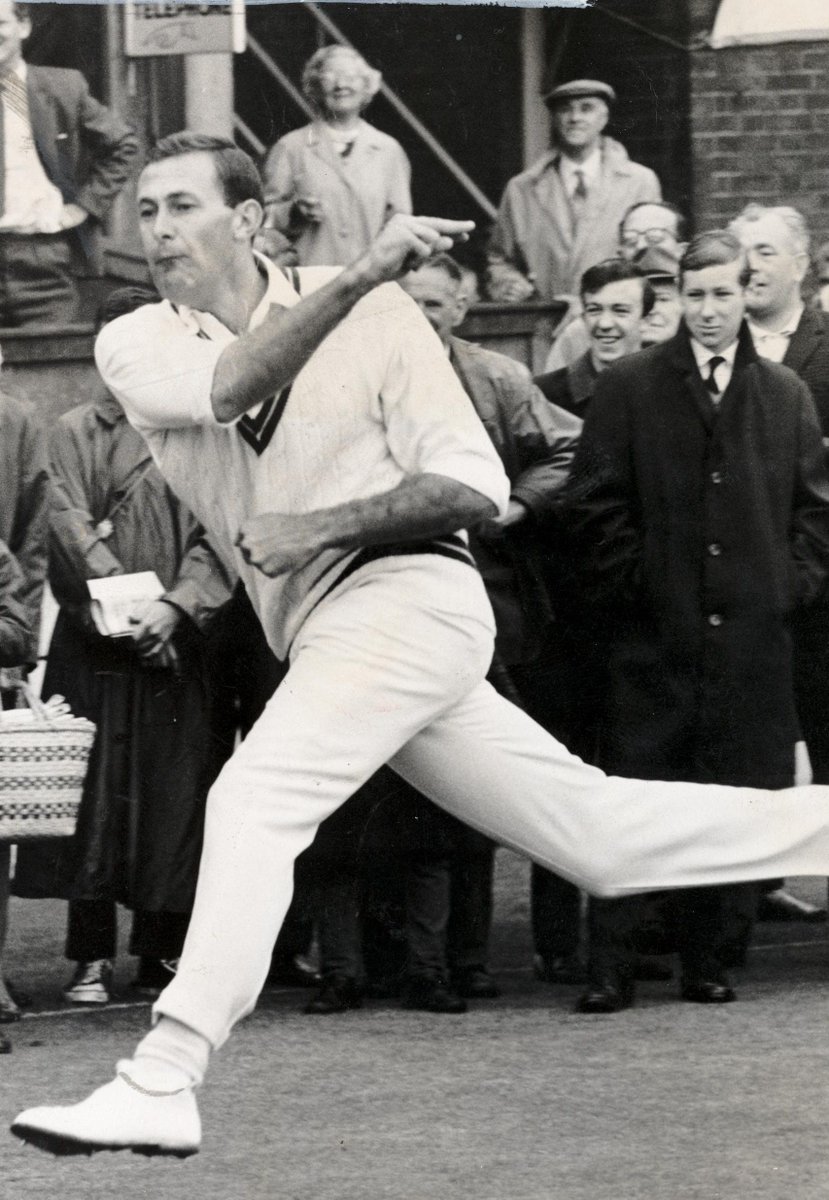On April 5, 1938, Colin Bland was born in Bulawayo, Rhodesia. A Rhodesian cricketer who played 21 Test matches for South Africa in the 1960s Among the greatest fielders in Test cricket history, he is considered one of the best. It was Bland’s fielding that made him famous, however.
It was a formality to select Colin Bland to play in the 1965 return series in England. It was the first time since the ill-starred Triangular Tournament in 1912 that South Africa had two visiting Test nations at the same time.
South Africa’s last visit would also be the last for almost 30 years. Colin Bland had not impressed English cricket followers with his low-key Fezelas tour of 1961. Despite this, he excelled both with the bat and on the field. Therefore, with seven wickets down and 46 to go, England clung on for a draw at Lord’s. Some consider him the greatest fielder of all time and the best cover fielder of all time.

Colin Blend scored 39 and 70 runs for South Africa, but his two runouts in the first innings of England have gone down in history. In the first game, Kenny Barrington, nine short of a century, ruefully admitted that he should not have taken on Colin Bland.
As was so often the case with Bland, the Colonel was defeated by a running pick-up and throw-down from midwicket. According to Brian Johnston, I heard people for the first time say that they must attend a match specifically to watch a fielder during the 1965 tour.
Jim Parks’ turn came a little later. Despite the fact that Bland was at the stumps, Parks decided to run on the line between them. He was disappointed to find that the trademark flat throw flew between his legs and ran him out by a few yards.
In 1966, Colin Bland was named Wisden Cricketer of the Year. The accompanying portrait depicts him fielding instead of batting, bowling, or keeping, making him one of only two players so honored (the other is Stuart Surridge). After the first Test in 1966–67, Colin Bland retired from Test cricket due to injury. Until 1973–74, he played first-class cricket in South Africa. A long battle with colon cancer ended in Bland’s death on April 14, 2018, at home in London, at the age of 80.
Read More: Graeme Pollock – South Africa Cricketer of the 20th Century
